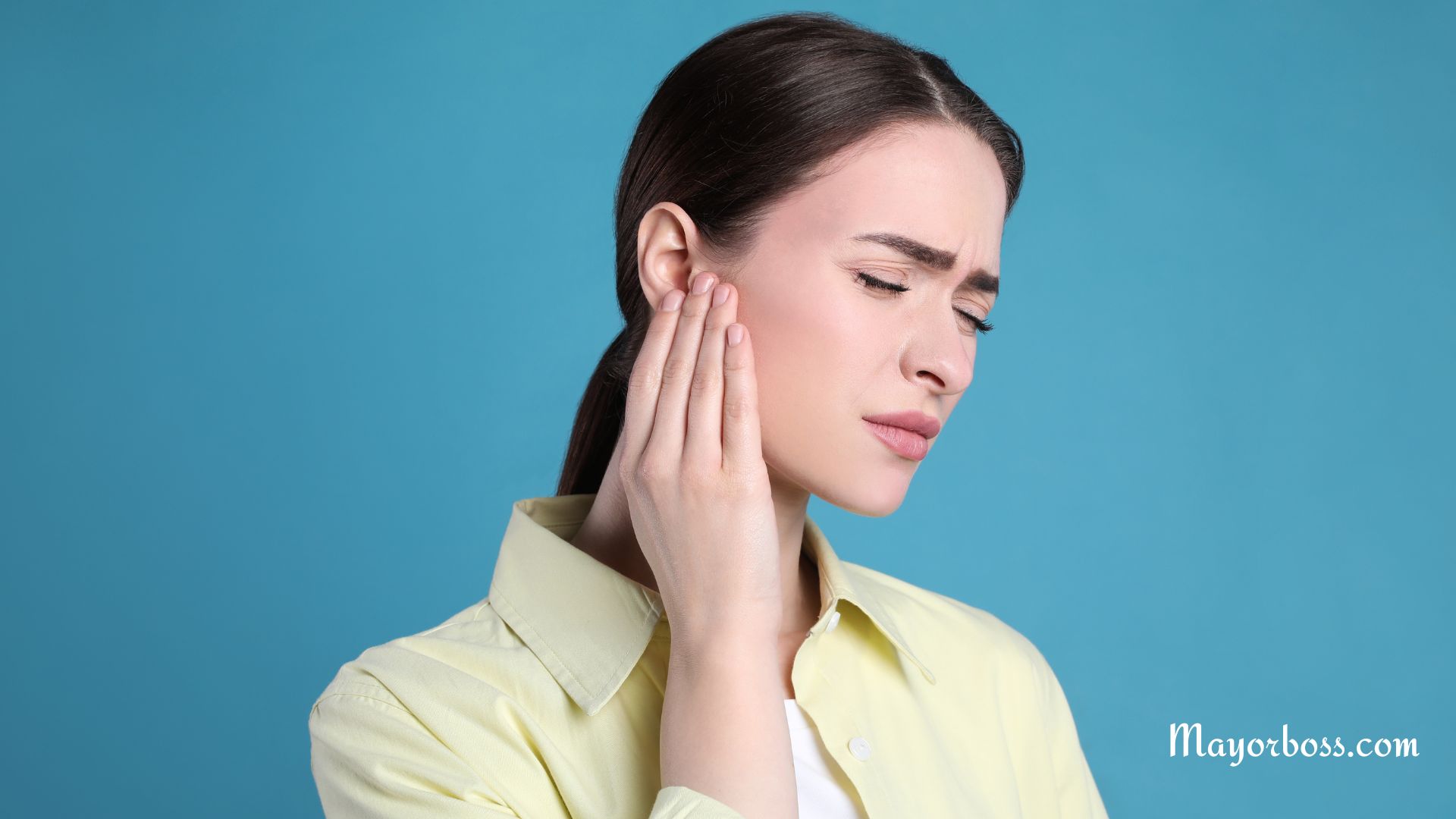Why Does My Ear Hurt When I Yawn?
Experiencing ear pain during yawning is a situation many people encounter but often overlook. This article offers several explanations for why ear pain when yawning happens and what it means for you.

Understanding the Ear’s Anatomy and Yawning
To start, it’s essential to understand the basic anatomy of your ear and what happens when you yawn. Your ear consists of three parts: the outer ear, the middle ear, and the inner ear. The part most involved in this scenario is the middle ear, specifically a small part called the Eustachian tube.
The Role of the Eustachian Tube
The Eustachian tube connects the middle ear to the back of your throat. Its primary function is to equalize the air pressure on both sides of your eardrum. When you yawn, the Eustachian tube opens, allowing air to flow in or out of the middle ear, balancing the pressure.
Why Yawning Causes Ear Pain
When you yawn, the muscles around the Eustachian tube can stretch and activate, sometimes more intensely than usual. If the tube doesn’t open properly or if there’s a significant difference in air pressure, it can lead to discomfort or pain in your ear. Here are a few reasons why this might happen:
1. Eustachian Tube Dysfunction
If your Eustachian tube is not functioning correctly, often due to congestion or inflammation from allergies or a cold, it can lead to a feeling of fullness and pain in the ear during yawning.
2. TMJ Disorders
The temporomandibular joint (TMJ) is located near your ears. Issues with this joint can cause referred pain to the ear, especially when yawning, as the act involves jaw movement.
3. Ear Infections
An ear infection, whether in the outer, middle, or inner ear, can make your ears more sensitive. This sensitivity can turn a normal yawn into a painful experience.
4. Fluid in the Ear
Fluid build-up in the middle ear, which could be due to an infection or Eustachian tube dysfunction, can lead to pressure changes and pain when yawning.
Home Remedies and Prevention For Ear Pain When Yawning
In milder cases, you might find relief with simple home remedies like:
- Chewing gum or sucking on hard candy to stimulate Eustachian tube function.
- Using a warm compress to ease discomfort.
- Practicing breathing exercises to manage yawning frequency and intensity.
- Take over-the-counter pain medication.
When to See a Doctor
If the pain is persistent, severe, or accompanied by other symptoms like hearing loss, dizziness, or discharge from the ear, it’s time to consult a healthcare professional.
Frequently Asked Questions
Is ear pain when yawning always a sign of something serious?
Not necessarily. Occasional mild discomfort might just be a result of abrupt pressure changes and is usually not a cause for concern. However, persistent or severe pain warrants medical attention.
Can this ear pain be prevented?
Yes, in some cases. Identifying and treating underlying conditions like allergies or infections can prevent this type of ear pain. Also, gentle yawning techniques and jaw exercises can help if TMJ issues are the cause.
Remember, while ear pain when yawning is common, it shouldn’t be a frequent or intensely painful experience. Taking care of your ear health and being aware of these factors can help you yawn with ease!
